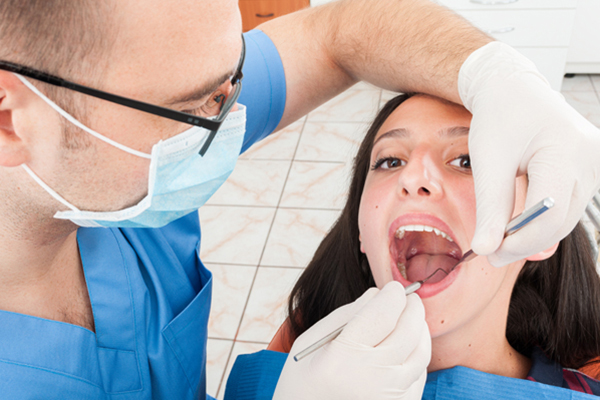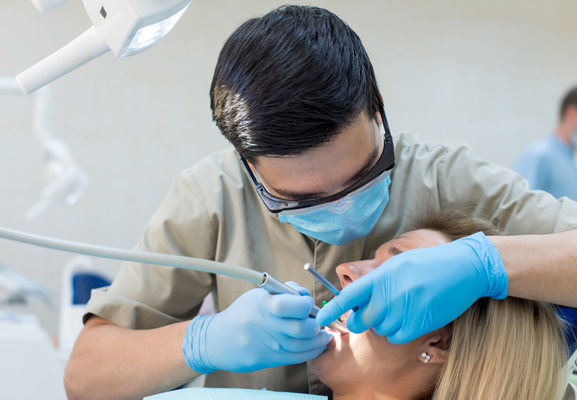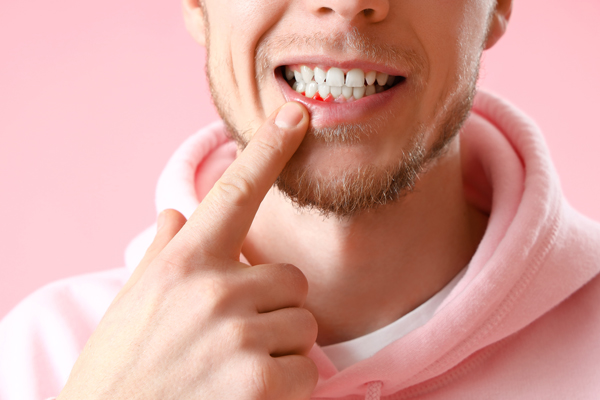Endodontics Aftercare Steps

Endodontics is a branch of dentistry that deals with the tissue inside teeth, also known as the dental pulp. Endodontic treatment is used to treat dental infections, tooth decay, and tooth damage. Patients need to pay extra attention and care after undergoing an endodontic procedure. The steps taken during the recovery period are important because they help to prevent reinfection and minimizes discomfort.
Steps to take after an endodontics procedure
A common endodontic procedure is the root canal. While root canal treatment may appear difficult, it is normally performed as an outpatient procedure and patients are usually sent home the same day with the necessary instructions. Following the procedure, patients must take care of their teeth and carefully follow the recommendations, including:
Brushing and flossing
Brushing and flossing are the two most important processes in dental hygiene. Patients must ensure they keep a proper oral hygiene regimen after undergoing an endodontic procedure. It is advisable to keep the treated area clean to prevent the risk of additional infection. Brushing the teeth twice a day and flossing once a day can help ensure this. However, patients also need to be cautious when cleaning and flossing their teeth to avoid discomfort.
Consume soft foods
The treated tooth will be sensitive for a few days. Therefore, it is better to keep track of meals to consume. Patients should stay away from foods that cause inflammation. Certain foods, such as fries, chips, nuts, or abrasive substances, might strain the tooth and should be avoided. Also, patients should avoid excessive intake of sweet foods because they might contribute to infection.
Aside from that, for a few days, avoid biting or chewing strongly with the treated tooth. This will ensure that the tooth remains healthy and in place. Choose something simple to chew. Comfort food is the way to go. Oatmeal, soups, soft vegetables, scrambled eggs, mashed potatoes, mashed bananas, and spaghetti, for example, are tooth-friendly foods. Hard, greasy, and sticky foods are not advisable since they might cause tooth cracks.
Take medications as instructed
After the numbness from the anesthetic wears off, patients may experience discomfort in the area during the healing process. Soreness is also common. It may feel unpleasant at first, but these feelings are temporary and may be treated with over-the-counter pain medications. To minimize discomfort, the dentist may potentially prescribe a stronger painkiller.
They will also prescribe antibiotics to stop the infection from spreading. Patients need to follow the dentist's orders and take their medications on time. If discomfort persists or infection is suspected, make an appointment with the dentist immediately.
Ready to schedule an appointment?
Following endodontic treatment, you must take good care of your teeth. To avoid future issues, you must maintain a close eye on your dental health, from brushing and flossing to eating healthily and seeing your dentist regularly. By taking good care and keeping dental hygiene after the procedure, you can have a smooth recovery.
Request an appointment here: https://www.gatewaydental.org or call Gateway Dental Dr. William Swann DDS at (301) 485-7492 for an appointment in our Bowie office.
Check out what others are saying about our services on Yelp: Endodontics in Bowie, MD.
Recent Posts
A cosmetic dentist plays a crucial role in enhancing both the function and appearance of a patient's teeth. Some treatments are more effective for a smile's appearance than its function. Understanding the difference between corrective and aesthetic dentistry is essential for anyone considering dental improvements.Corrective dentistry addresses structural problems and functional issues within the oral…
Periodontic is a dental specialty that deals with diseases of the gums and the bones that sustain the teeth. This condition can affect your entire oral cavity and overall wellbeing. Periodontics care is necessary when something is wrong with the gums and other soft tissues.Gingivitis and periodontitis are the two prevalent types of periodontal diseases.…
Choosing the right kids' dentist is one of the most important decisions you will make for your child's oral and overall health. This dental professional specializes in providing dental care tailored to the unique needs of young patients, fostering a positive experience with dental care from a young age. Working with an experienced pediatric dentist…
A dental veneer is a popular cosmetic dentistry solution designed to enhance the appearance of teeth by improving their shape, color, and alignment. Proper care and maintenance are essential to maintain a dental veneer's longevity and aesthetic appeal. Following a few practical steps, patients can ensure their veneers remain durable and beautiful for years.Good oral…


